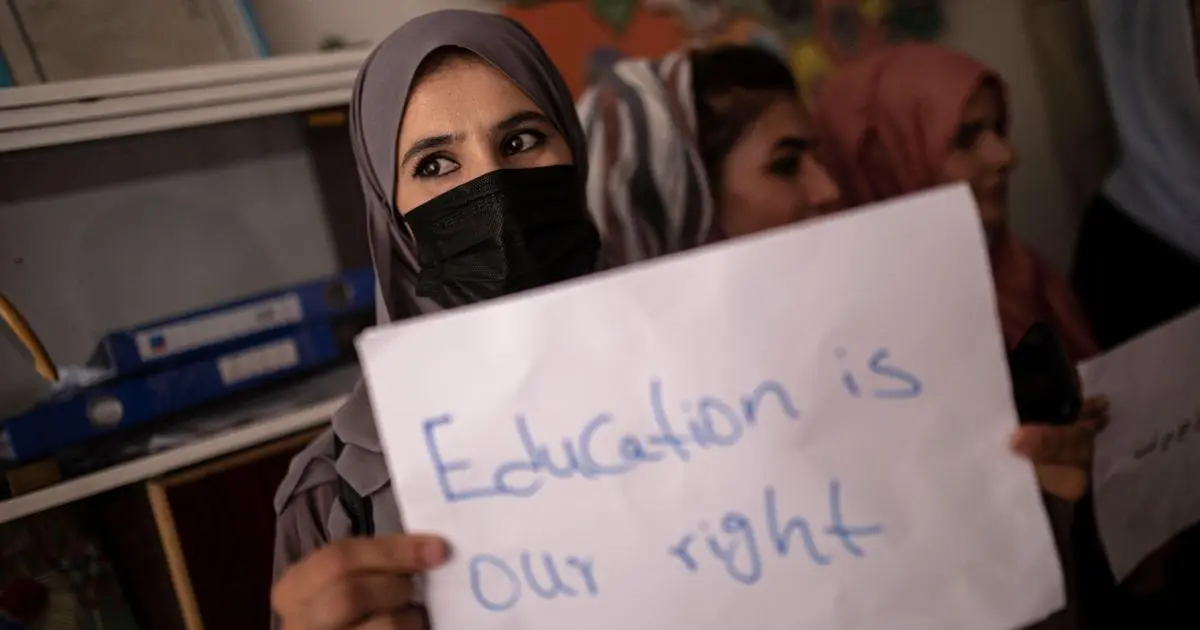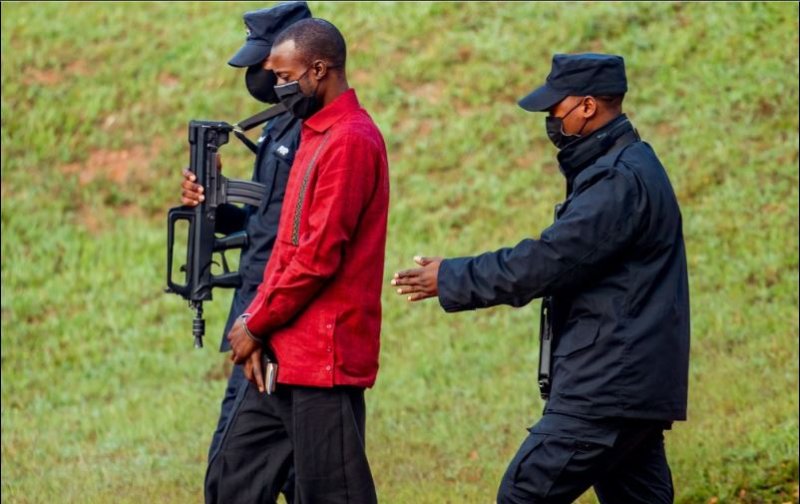In the heart of Kabul, beneath the oppressive weight of Taliban rule, lies an unseen battle one that plays out in quiet classrooms, hidden study sessions, and in the whispered defiance of young girls and women who refuse to give up their right to an education.
This is a fight not just for knowledge, but also for survival, dignity, and the future of an entire generation.
The Promise Broken
In August 2021, the Taliban returned to power, swiftly dismantling years of progress for women and girls in Afghanistan.
One of the first measures of their control was the closure of schools to girls beyond the sixth grade a policy that, despite promises to allow access to education, remains in force today.
While boys can still attend school, girls are increasingly forced into isolation, their dreams crushed beneath the political reality of a regime that views their education as a threat to the status quo.
International protests and condemnation have done little to shift the hardline stance of the Taliban government, leaving Afghan women and girls to chart their own paths toward learning.
Testimonies of Resistance and Resilience
Mariam, 16, Kabul: “When they told us we couldn’t go to school anymore, I felt like my life was over. I had dreams of becoming a doctor, but now my future is uncertain. Still, I study at home, with my younger brother teaching me what he learns in school. We will not stop learningno matter what.”
Mariam’s story is far from unique. Across Afghanistan, girls like her continue to defy the odds, relying on underground networks, private tutoring, and community support to pursue an education in secret. They are not alone in their determination.
Zainab, 24, Herat: “The hardest part isn’t just not being able to go to school. It’s seeing the fear in my sister’s eyes, knowing that she may never experience the world of knowledge that I once had. But we don’t stop every day, we learn from books, from each other. We share the knowledge we have, passing it on like a precious gift.”
In Herat, a city once known for its rich cultural heritage and education, Zainab and her peers have formed a clandestine group dedicated to teaching girls in their neighborhoods.
Their efforts are fraught with danger if discovered; they could face punishment, imprisonment, or worse.
However, for these women, the stakes are clear: education is the key to reclaiming their autonomy, their voice, and their place in a future that still seems uncertain.
Mina, 12, Kandahar: “I don’t know why they tell me I can’t go to school. I love learning. My brother goes, and I want to go too. Why can’t ?”
Mina’s innocent question echoes the frustration of countless young girls in rural areas where the Taliban’s ban is enforced with an iron fist.
While urban areas like Kabul have some underground education networks, in the countryside, the situation is even more dire. Here, the Taliban’s control is absolute, and the girls who dare to dream of school do so with no guarantee of safety or support.
The Consequences of Denied Education
The systemic erasure of educational opportunities for Afghan girls is not just an assault on individual dreams, but on the future of an entire nation. Studies have shown that when girls are denied an education, the social and economic consequences ripple throughout society.
Rates of child marriage increase, economic stability falters, and the cycle of poverty and extremism is perpetuated.
Despite these challenges, Afghan women and girls remain steadfast in their resolve. International organizations like UNESCO and Human Rights Watch continue to pressure the Taliban regime, while activists inside Afghanistan persist in their mission to provide education, even if it means risking their own lives.
Fahima, 32, Former Teacher in Kabul: “I was a teacher for over 10 years before the Taliban came back. Now I teach girls in secret. They risk their lives for the chance to learn. Every day, I remind them that their education is a form of resistance. We may not be able to change the world today, but we are planting the seeds for the future.”
A Global Responsibility
The international community has an essential role to play in advocating for Afghan girls’ education. Sanctions, diplomatic pressure, and support for underground education initiatives can help ensure that the voices of those like Mariam, Zainab, and Mina are not lost to history.
However, the most powerful force for change lies within Afghanistan itself. As long as there are girls willing to learn and women willing to teach, the struggle for education will persist one lesson at a time.
The right to education is universal and should be untouchable. For Afghan women and girls, it is a battle of survival and resistance a fight against a regime that seeks to keep them in the shadows. The future of Afghanistan depends not just on the survival of its people but also on the preservation of their hope and knowledge.
The world cannot look away. The voices of Afghan women and girls must be heard, and their right to an education must be restored.
BY KAYITESI Ange





